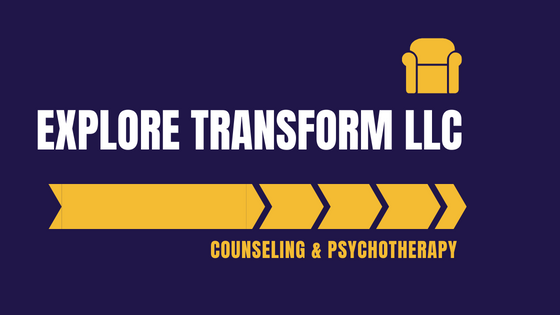A passion for helping people
Psychotherapy practice based in Ridgewood (Bergen County) and serving the whole of New Jersey.
Specializing in burnout, loneliness, and powerlessness. We offer psychotherapy,
Eye Movement Desensitization and Reprocessing therapy (EMDR), and counseling via teletherapy.
Specializing in burnout, loneliness, and powerlessness. We offer psychotherapy,
Eye Movement Desensitization and Reprocessing therapy (EMDR), and counseling via teletherapy.

